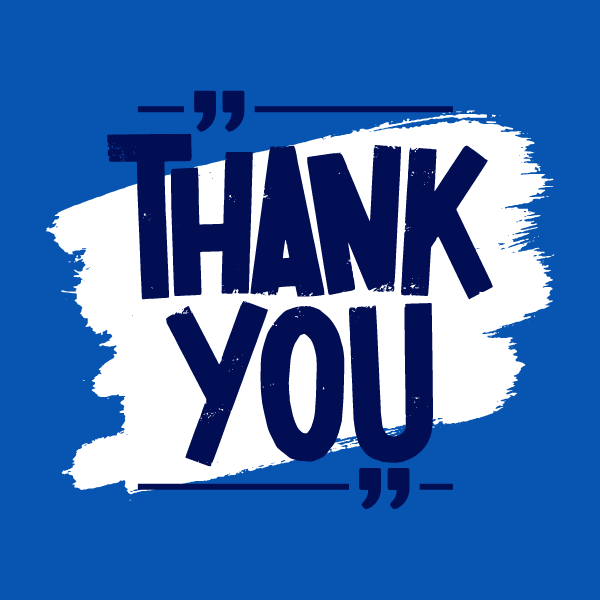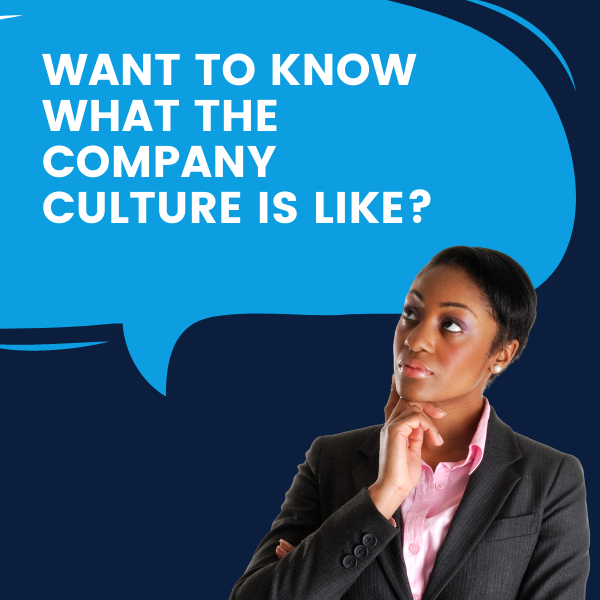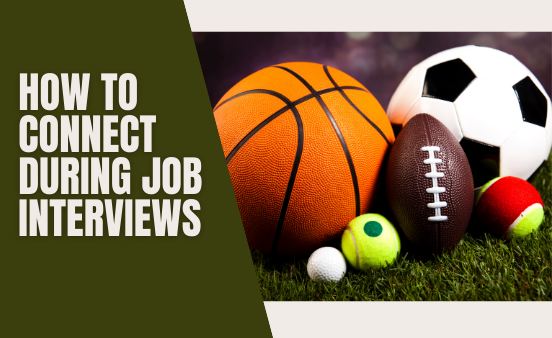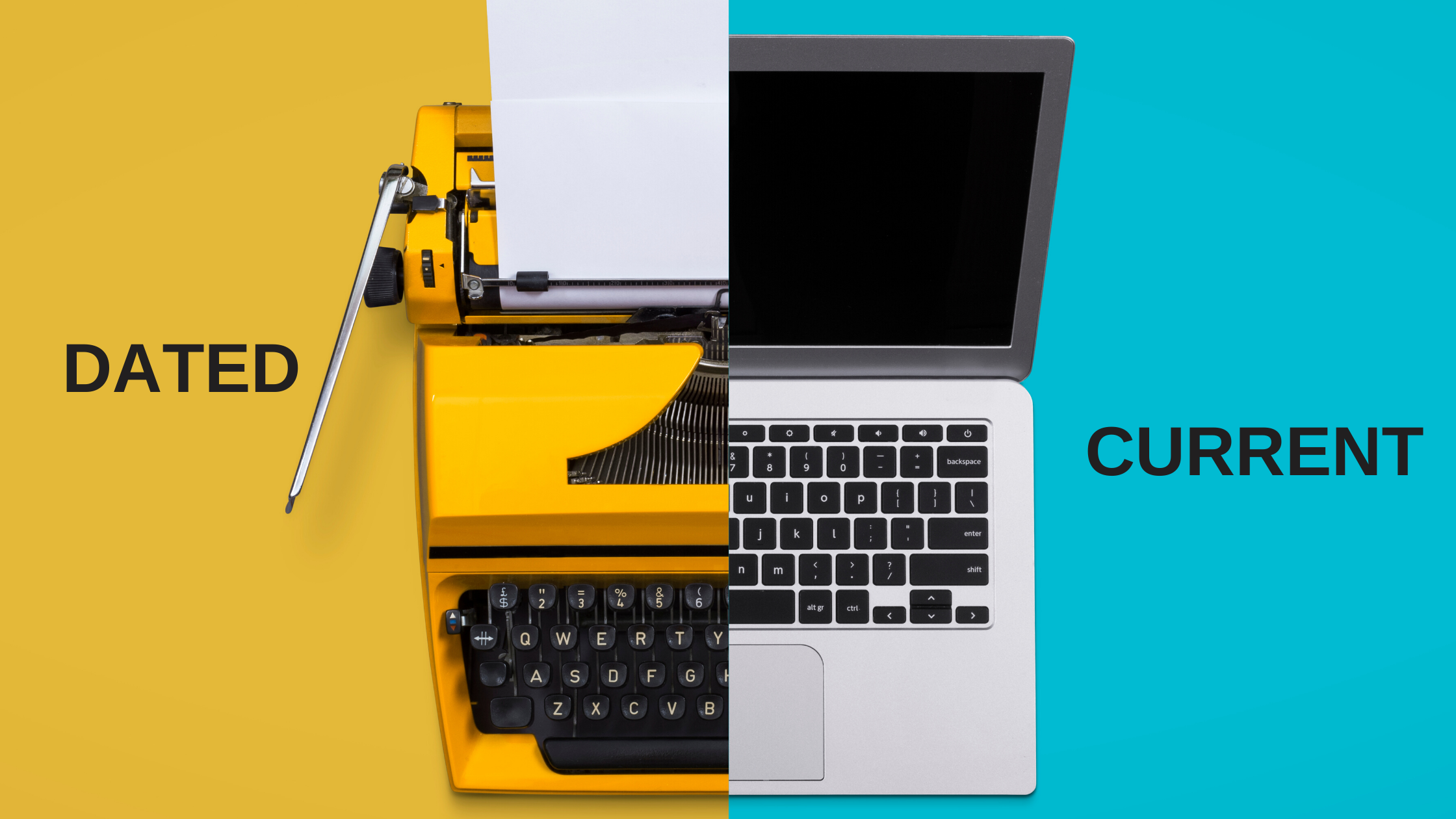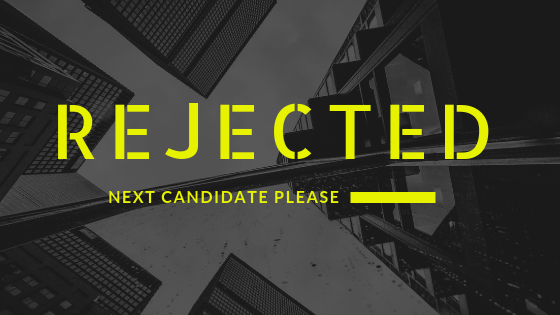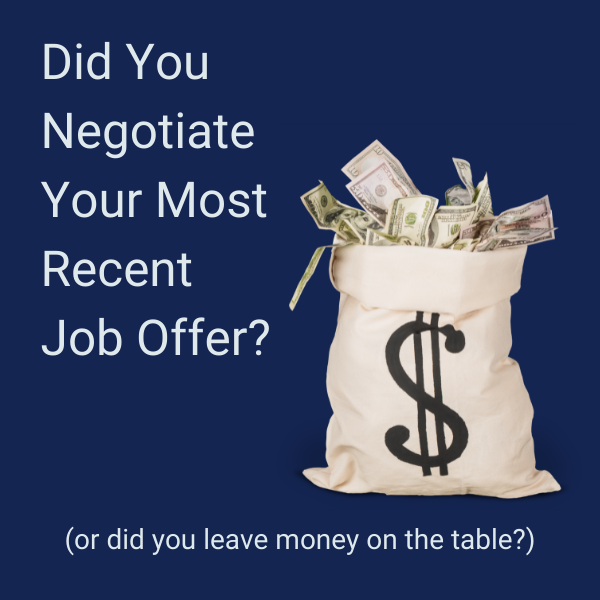Thank You Notes? Here’s Why You Need To Send Them
Cover letters are like thank you notes . . .
For every recruiter or hiring manager who says they don’t read them, there’s another who says they do.
And occasionally, I’ve heard that a candidate’s thank you note was the reason they got the job.
Just as with cover letters, the key is to make a compelling argument for them to hire YOU.
Boring thank you notes that read “thank you for taking the time to meet with me… Blah blah blah“ are a waste of time.
Can You Answer This Key Question?
Some people go into interviews and wing it. Others prepare ahead of time. Usually this includes researching the company and planning responses for commonly asked interview questions.
Questions like “what is your management style?” and “where do you see yourself in 5 years?”
But, there’s one key question they often don’t prepare to answer.
“Why do you want to work here?”
When I was recruiting, I always asked candidates if they knew anything about the company. The smart ones would tell me a few things they learned while researching the company. Things they liked, that made them want to work there.
The unprepared would say “no” and leave it at that.
Recruiters Don’t Work For You
I get a lot of questions about recruiters. The most often asked question is who the recruiter works for. The short answer is the recruiter isn’t working for you.
While, someone who’s out of work recently told me it’s cruel to say this, it’s true.
Retained and contingency recruiters work for the one who pays them. And that’s the employer.
Retained recruiters are paid a fee to find candidates and are generally paid whether the employer hires them or not. Contingency recruiters are paid only if the employer hires one of their candidates. Their fee is a percentage based on the candidate’s first year salary.
Want To Know What A Company Is Really Like?
Every job seeker knows they need to sell themselves to the employer. That said, remember that interviews are not only about the employer; they are about whether or not you want to work for them.
Preparing questions to ask the interviewer is as important as preparing responses to typical interview questions.
Start with a few questions about the job. A good place to start is asking about things that were discussed during the interview, maybe things that you would like clarified or explained.
Here are a few questions to learn what you’ll be stepping into if hired.
=> What are the biggest challenges of the job?
=> What are the expectations for my first 30,60,90days?
=> What are the biggest obstacles I’ll face in the first 30,60,90 days?
Beyond learning about the job, an interview is a good time to learn about your future boss and the culture.
Read more
How To Make A Connection During Job Interviews
A strong results-driven resume can help you get your foot in the proverbial door. But after that, you’re on your own.
Even the most compelling, well-designed resume is not a “silver bullet.”
There are a lot of ingredients to a successful job interview. Know your resume cold. Prepare to answer the most common interview questions.
The secret sauce, however, is making a connection with the job interviewer. To do that you’ll need to build rapport, communicate effectively, and end the interview on a high note.
#1 BUILD RAPPORT
Finding common ground and showing interest will help you quickly connect with the job interviewer.
Look for things you have in common like:
- Sports participation or favorite teams
- Interest in the arts or entertainment
- Attended the same college or university
- Share a volunteer cause
- Support or member of same organization
How To Prevent Screaming “I’m Old” During Your Job Search
Resume writers are often asked about the prevalence of age discrimination. As I’ve mentioned in earlier posts, serious concerns begin around age 55, but some people, particularly my female friends, tell me they begin to feel it in their mid-forties.
Yes, age discrimination is out there. But there are many other reasons why candidates don’t get hired.
The interviewer may think you are too young or too forward-thinking or too laid back. She may dislike you because you remind her of a former boss or spouse she doesn’t like.
We all have conscious and unconscious biases.
You can’t control other people’s bias, but you can eliminate things that make you look old and/or dated. Here are 5 things to change today.
#1 Have a Modern Email
Using an @aol or @yahoo email address makes you look like you’re stuck in 1995. Keep those addresses for family and friends but choose something more current like @gmail for your job search. Never use your company’s email to contact recruiters, resume writers, career coaches, etc.
Many employers monitor employee email accounts, and they have the legal right to do so.
Include your email address in LinkedIn About section to make it easy for recruiters and employers to contact you. If your job search is confidential you can include a statement like “always interested in connecting with like-minded people” or “always happy to connect with clients and colleagues” as well.
If you’re unemployed, you can include a pitch for hiring you.
How To Avoid The Biggest Virtual Interview Mistake
The biggest mistake you can make with a virtual interview is not taking it seriously. In the past, phone interviews were used primarily for screening. A recruiter or human resources associate called potential candidates to get basic information: are they still looking, do they meet the essential qualifications, do their salary requirements fall in the employer’s range, etc.
They also screened for basic communication skills. Can this person carry on a conversation?
If the candidate passes the initial screening they were invited in for an interview.
Virtual interviews, even for local candidates, was becoming more common when I was a recruiter almost 10 years ago. When COVID hit virtual interviews became the only option.
And it looks like virtual interviews are here to stay.
Interviews 2022
Today, candidates will likely have have several virtual interviews before being invited for an in-person discussion.
- A screening interview – with a recruiter or HR associate
- A longer interview with senior HR personnel
- A phone or Skype interview with the hiring manager’s assistant or someone else on the team
- A phone or Skype interview with the hiring manager
While these steps are a generalization, the point is that you should expect to have 2 to 3 video or phone interviews before meeting anyone in person.
How To Get The Starting Salary You Want Hint: You Have To Ask
Do you accept the first salary offered, or do you negotiate?
Before starting my own business, I worked for small businesses, nonprofit organizations, and international corporations.
And during those years, I always accepted the first salary offer.
I didn’t try to negotiate a higher salary.
Not even once.
Mostly I was afraid they wouldn’t hire me. It turns out until recently; most candidates accepted the first offer. But things are changing.
Consider Responses To Salary Questions
Most job seekers dread the expected salary question. That’s not surprising as most Americans aren’t comfortable talking about income, even with friends. 80% of respondents to a Lexington Law survey said they wouldn’t ask a friend how much they make.
Highlight YOU With A Career Portfolio
Differentiating yourself from other candidates with similar backgrounds is essential in today’s job market. One way to do that is by creating a portfolio.
Portfolios are not just for creative folks. Wherever your field or industry, a career portfolio can help set you apart.
If you haven’t heard the term, a career portfolio is used to showcase your accomplishments, training, and experience. Your current career level and target position will help determine the contents.
Certainly, if you’re in a creative field, you want to have samples of your work. If you’re an executive a summary of ventures you designed, implemented, and led might prove valuable. Copies of articles and/or white papers you’ve authored can be a good addition too.
How To Prepare For Your Phone Or Video Interview
Today the hiring process often begins with a brief phone screening with a third-party recruiter or HR associate. The employer’s main purpose is to get some basic information: your salary requirements and availability.
The interviewer also is trying to get a sense of who you are and how you might fit into the company culture. Smart candidates use an initial interview as an opportunity to learn more about the employer as well.
In some respects it’s like a first date: each party is evaluating whether or not he or she wants to take the relationship further.

